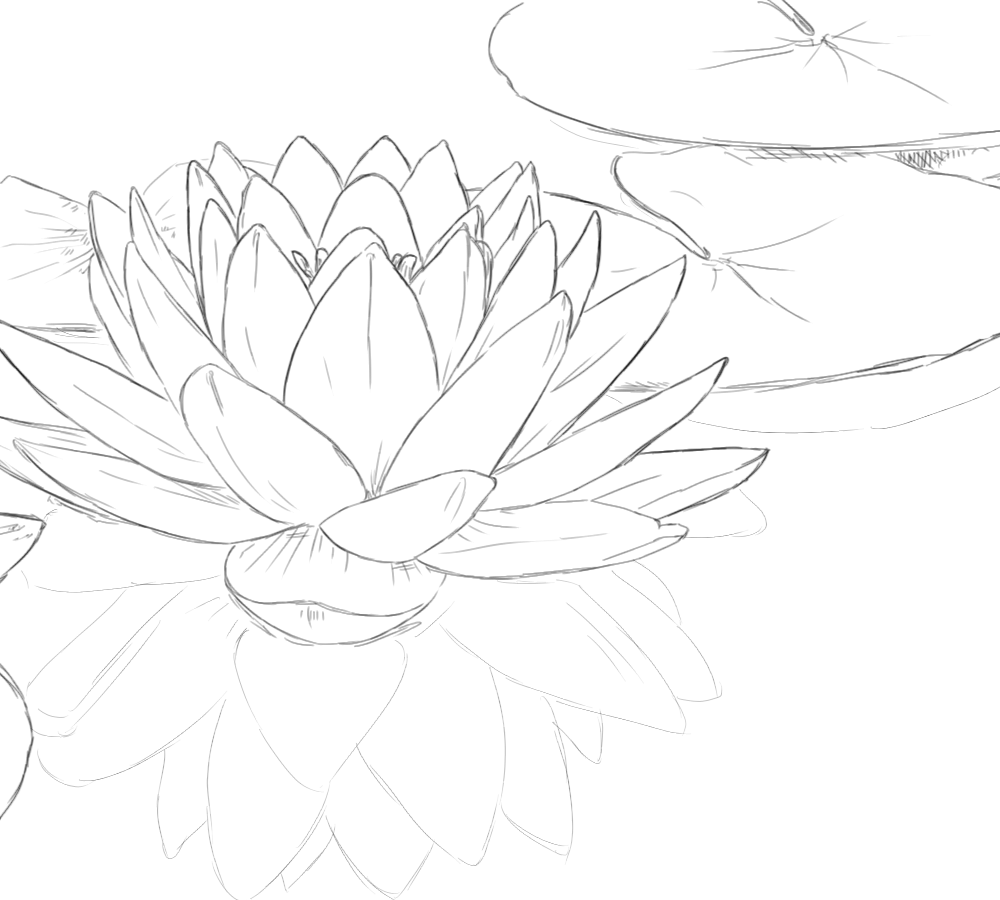
How To Eat Well During Times of Distress
I was feeling anxious and disgusted with myself– I stepped on the scale and found that I had gained 20kg. How did I let this happen?
Startled, I opened my eyes and realized it was a dream. I went up to go to the bathroom and looked at myself in the mirror–I am a grown person with a clear understanding that we should be prioritizing the way we feel and act in our bodies rather than numbers, and yet it seems I still intrinsically struggle with this fear of gaining weight. Why?
I have been overweight and underweight, and the journey to maintaining balance has been an emotionally complicated and difficult journey. Even as a huge advocate of movement, healthy foods, preparing vegetables in ways you love, and enjoying everything else in moderation, I still sometimes struggle with food anxiety.
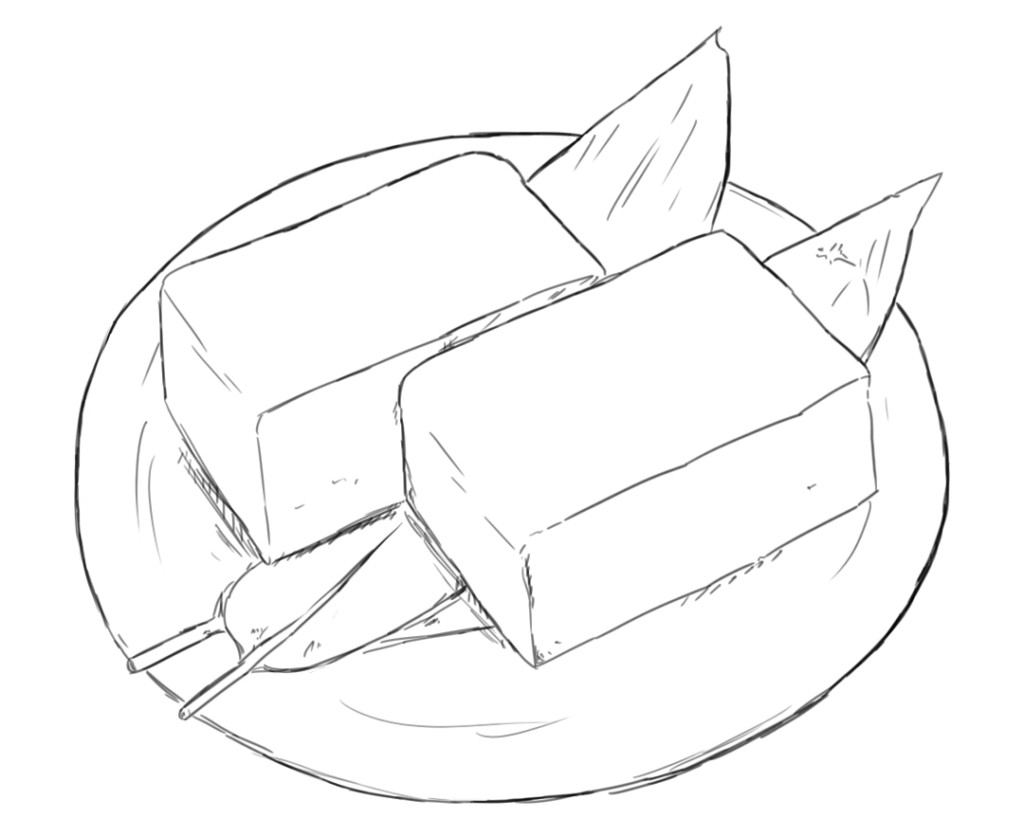
Why Food Anxiety is Complicated
Food anxiety is complicated because it addresses the superficial pressure of being “beautiful” in the eyes of society with the very real fear of the health consequences that come with being overweight. We all face it at one point or another, but we feel it even more so during times of distress, intense anxiety, and extreme change and instability. It is during these times that we find ourselves overeating, undereating, wondering what these changes are doing to our body yet simultaneously doing our best to ignore it to cope with other stresses at hand.
But this is unsustainable, and ultimately hurts our emotional health. Instead of ignoring these tendencies and letting these stresses build up in my mind, I use Zen Buddhist meditation to breathe through food anxiety.
What is Zazen?
Zazen is a type of Zen Buddhism meditation, where the focus is clearing your mind of thoughts, anxieties, ideas, and trying to attain clarity on what existence in the world means to you. By giving your anxieties room to appear and then disappear, the practice allows us to feel calm in chaos and peace in conflict.
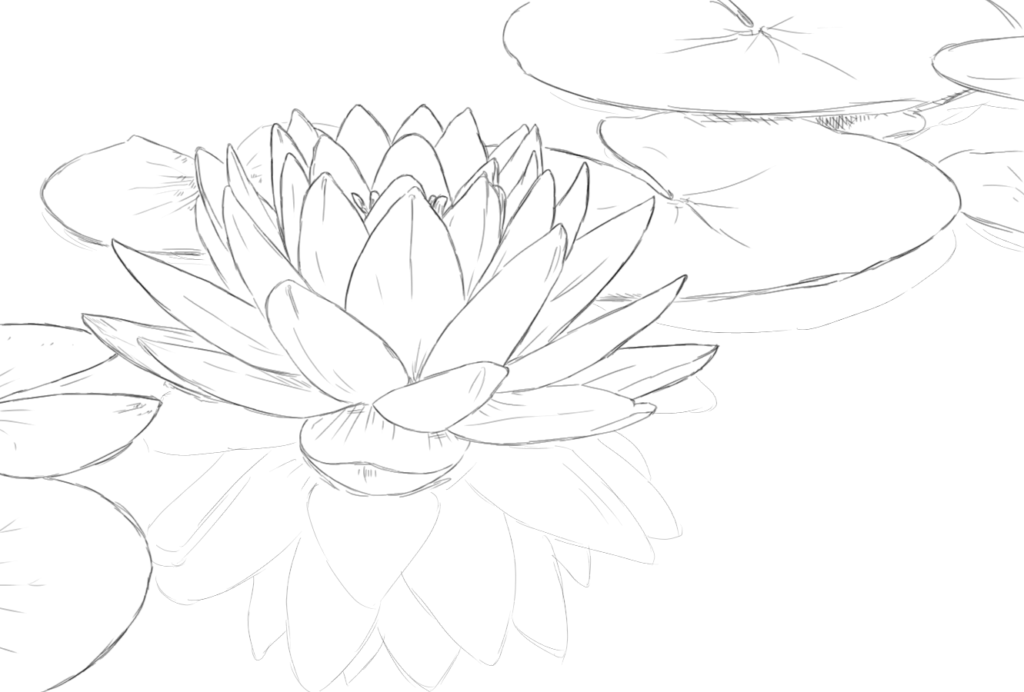
How to Practice Zazen to Let Go of Food Anxiety
I should clarify that I am not a Zen Buddhist master, and that I am not trying to teach people traditional forms of the belief, but the practical re-centering techniques I use at home when I am dealing with particularly intrusive thoughts about food.
Zazen-Inspired Meditation
1. Wash your face and hands so you feel refreshed. Starting off with a clean body helps you lean into the relaxation.
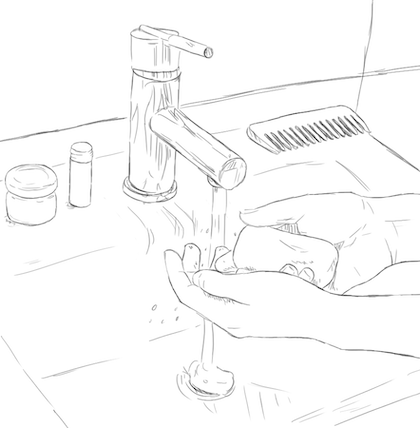
2. Sit cross-legged on a thick but flat surface, such as on a yoga mat or carpet on the floor. Sit up straight, with your hands in your lap, folded together in a mudra pose.
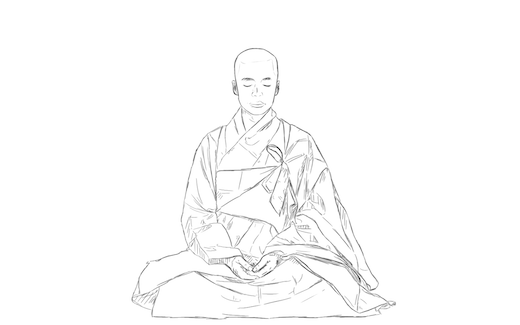
3. Repeat the following two exercises until you feel calmer:
– Kanki-issoku: Breathe in from your belly through your nose, exhale opening your mouth slightly.
– Kakusoku: Thoughts will come into your mind, but instead of engaging with them or struggling against them, simply leave them alone to drift off freely. Kakusoku is about waking from distraction and dullness, and finding awareness in the moment.
4. When you are done, move slowly and open your eyes.
Breathing Through Food Anxiety
Before a meal, after a meal, or simply when I suddenly don’t feel so good in my skin, this exercise helps ground me in the moment and drive away intrusive thoughts about food. It helps me accept the nature of the moment and find greater clarity in what’s really important, rather than get caught up in my emotions which aren’t always rational.
My body has done incredible things for me, has carried me through the best and most difficult moments in my life, and will continue to do so and grow with me for the years to come. By giving it some room to find peace, breathe, and face and let go of the anxieties which come across, I am showing myself respect and building resilience.
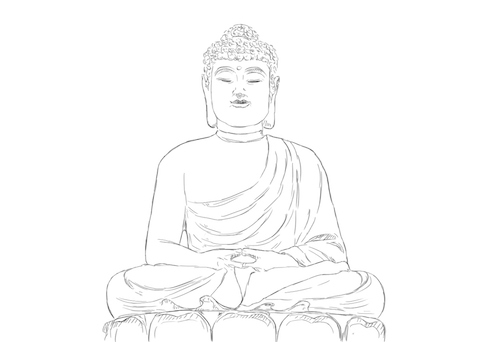
Food anxiety is complicated because it is on the one hand about facing the superficial outward pressures from society, and on the other we can understand the health consequences of poor eating on our real wellbeing. But instead of letting myself engage in any form of shame, I first practice emotional hygiene to reground my mind and stop compulsively consuming that which hurts me– both food and my thoughts. It is one of the most important parts of pursuing better health to find real joy.
FREE DOWNLOAD:
You can download my Beginner’s Guide to Meditation Here:

If you have any comments, questions, or concerns, please don’t hesitate to reach out to me at kokumura@kakikata.space! 🌱 I know this is a bit different from my usual writing on Japanese food, but the psychological movements behind the food we eat are just as, if not more, important in balancing our wellbeing. I would love to help you in your health journey any way I can 🍃 Warm regards, Kaki.